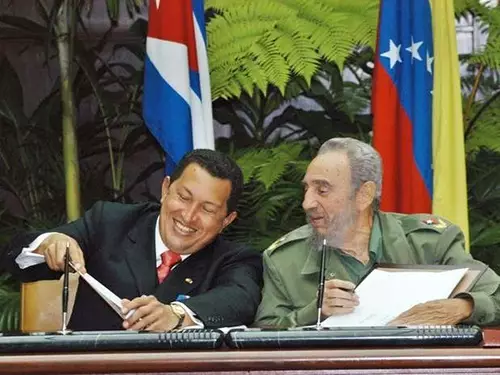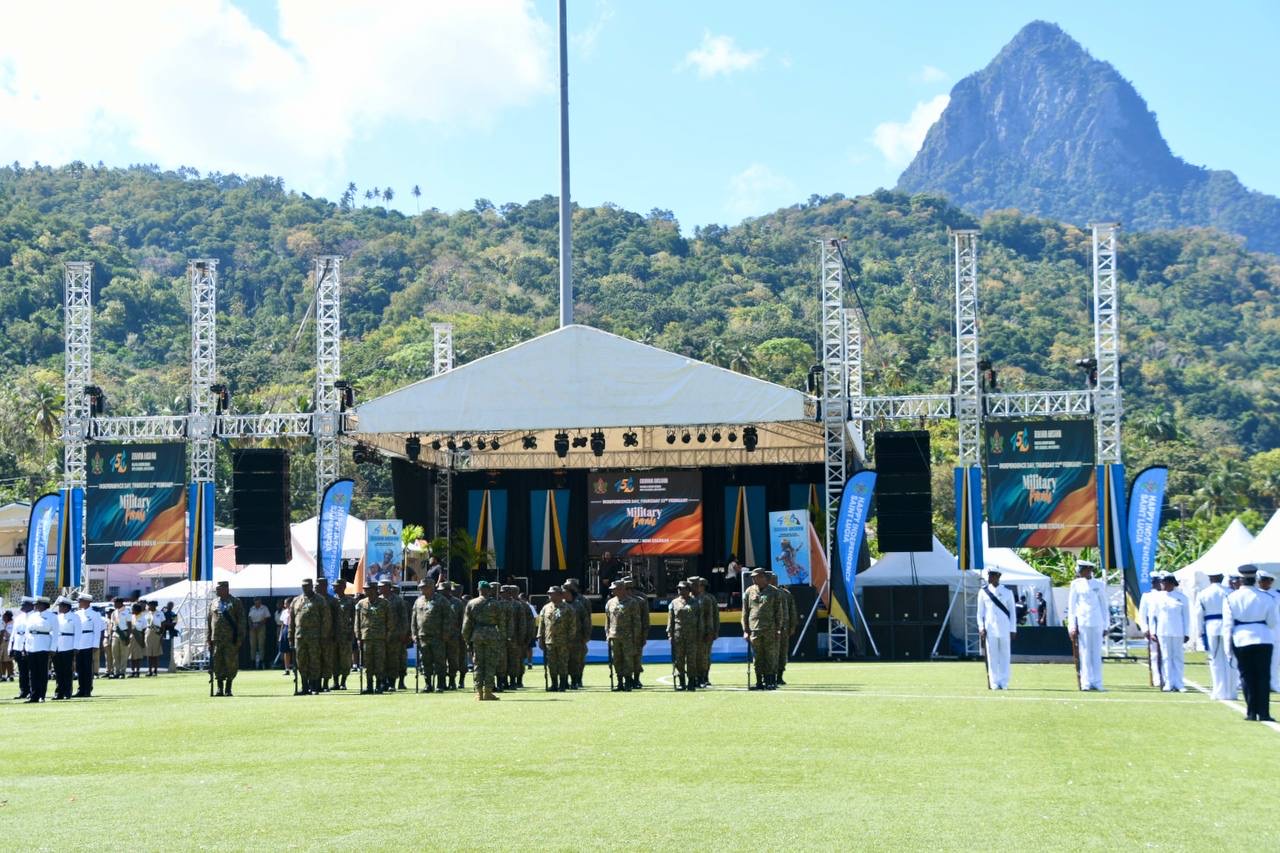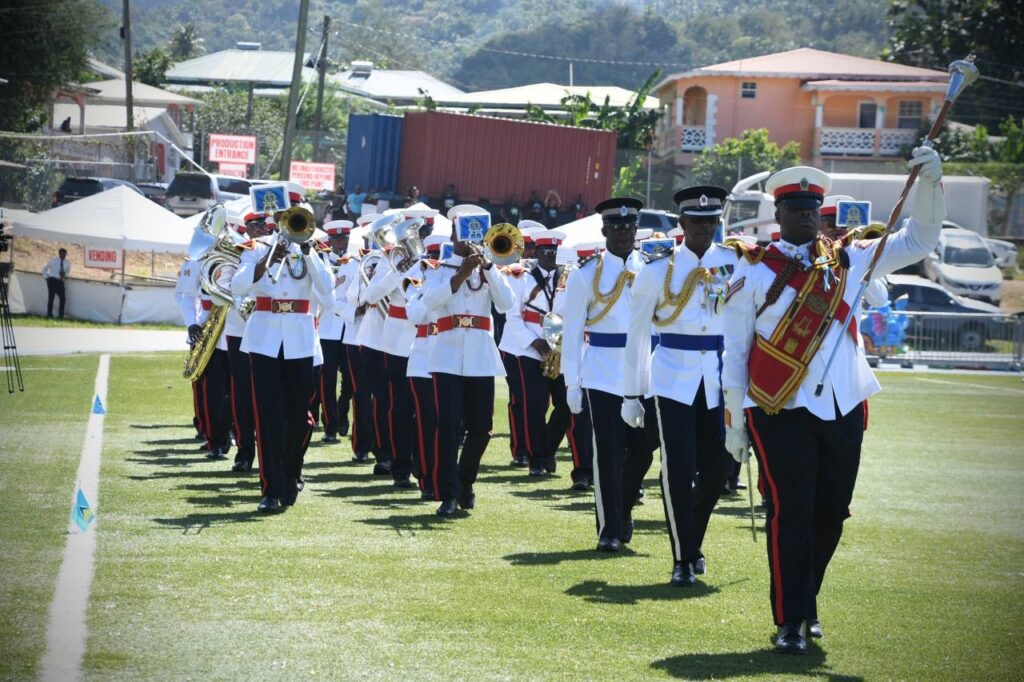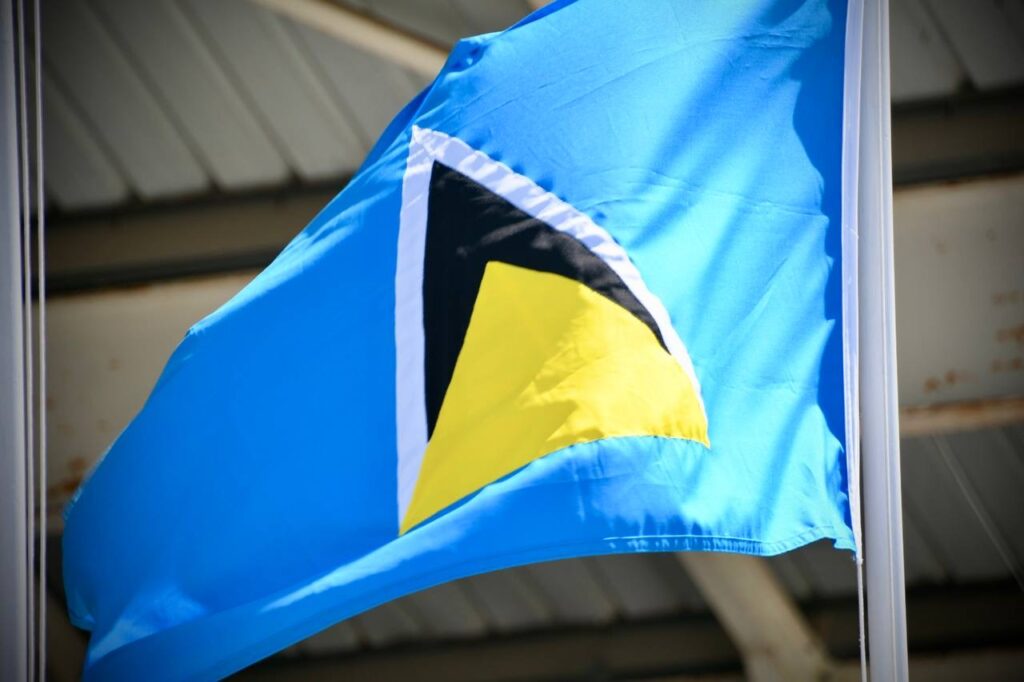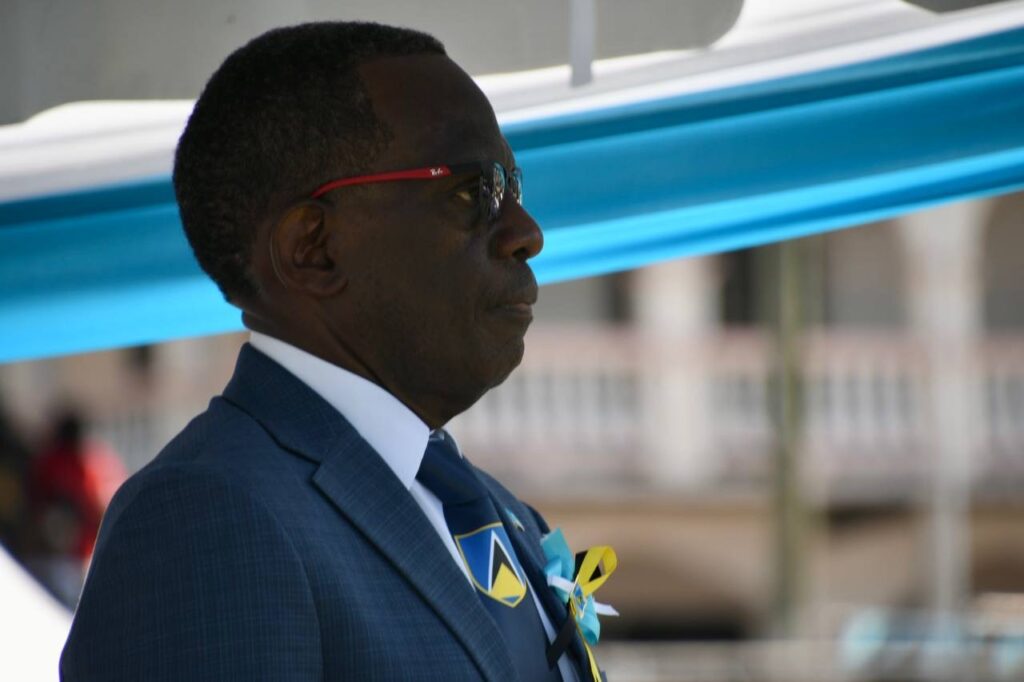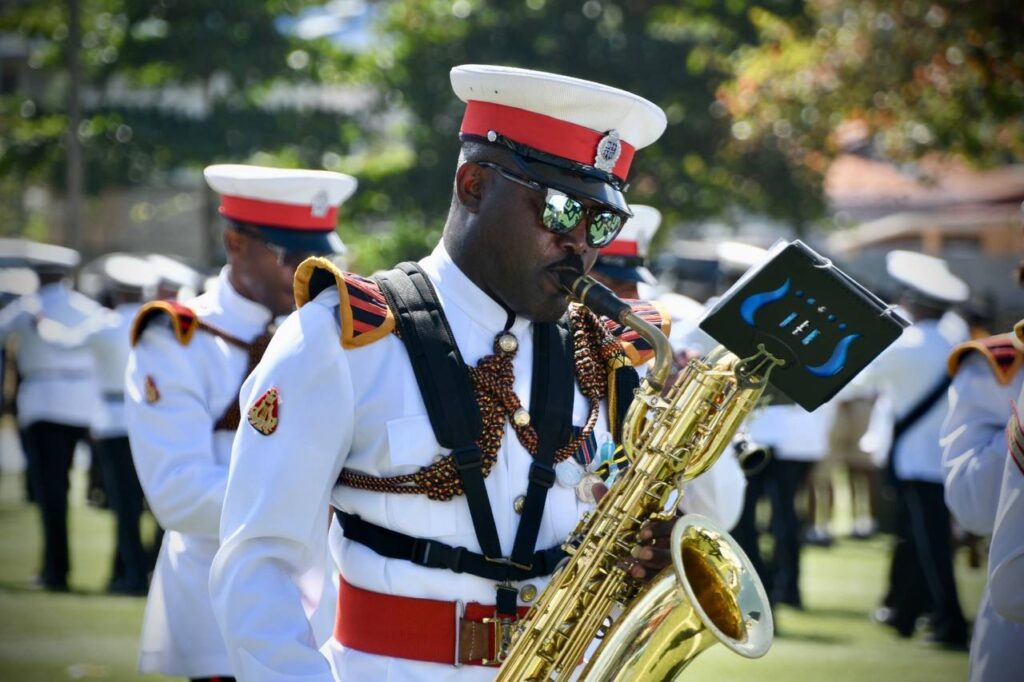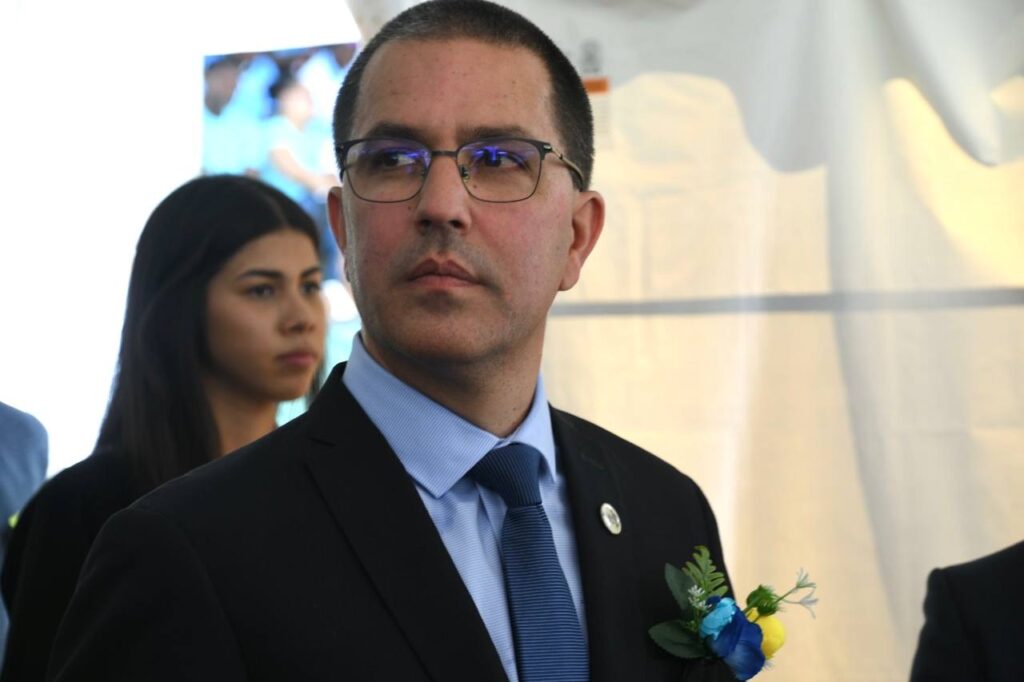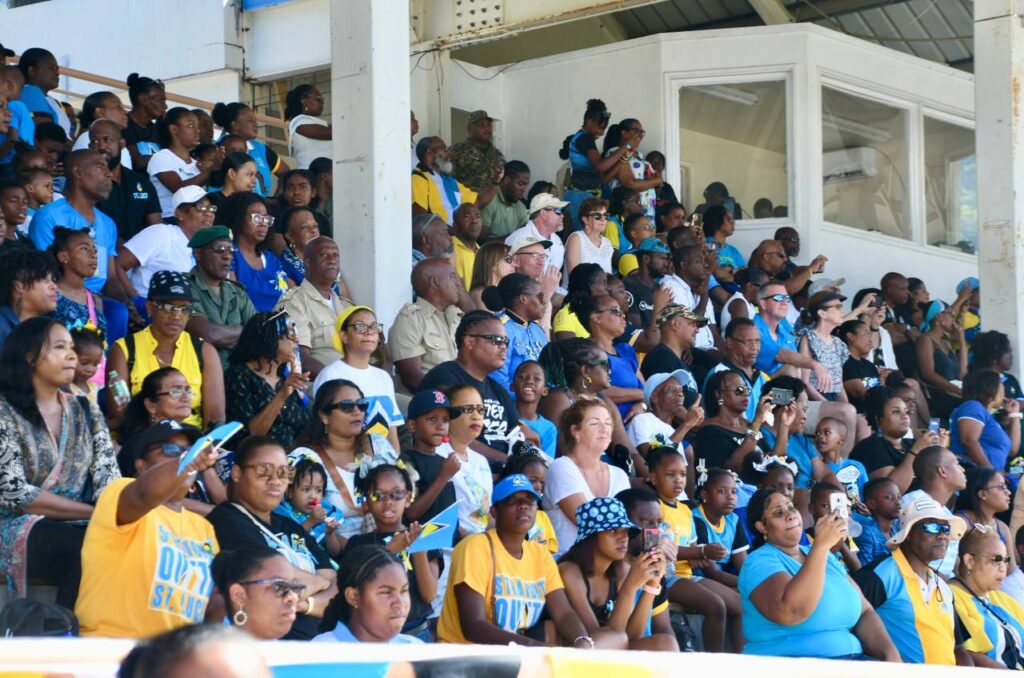“For the Bolivarian Alliance, unity is not built among elites, it is based on the peoples, their real involvement and the comprehensive satisfaction of their needs”.
Jorge Arreaza thus defined the continental integration project that the Bolivarian Alliance for the Peoples of Our America represents, as part of the path of the “eternal return” to the idea of unity that the peoples of the global South and the historical times demand.
Via X (formerly Twitter), the new ALBA Executive Secretary highlighted the historical and political nature of the organizational structure of this Latin American and Caribbean integration bloc, at a time of geopolitical disputes and the decline of many multilateral organizations as a result of the Western capitalist crisis.
Mr. Arreaza stated that “the organizational structure of @ALBATCP is one of a kind among the integration mechanisms”.
According to the information provided by the diplomat, this platform consists of the Presidential Council, which is the highest level of deliberation, decision-making and political guidance of the Alliance; the Political Council (Foreign Ministers); the Social Council (specific social policies such as literacy programs and “Misión Milagro”); the Economic Council (a solidarity-based economic complementation area), and the Social Movements’ Council (which gives the people and their organizations a voice in the decision-making process).
The Executive Secretary of the Bolivarian Alliance for the Peoples of Our America – People’s Trade Treaty (ALBA-TCP) said that this important regional coordination mechanism is currently made up of the following 10 countries: Venezuela, Cuba, Nicaragua, Bolivia, Antigua and Barbuda, St. Kitts and Nevis, St. Vincent and the Grenadines, Grenada, Dominica andSt. Lucia.
In this organization – based on Bolivarian principles and created under the strategic vision of Fidel Castro and Hugo Chávez, and whose struggle inspired the political-ethical model for the awareness of the need for a new world and the irreversible independence of the peoples of the region – such tools as Petrocaribe, the Bank of ALBA, “Misión Milagro” (Eye care social program), “Yo Sí Puedo” Literacy Method play an extraordinary role, in Arreaza’s opinion.
